Conservation across the globe – Projects from our KfW Foundation scholars
Six Spring School participants from Latin America, Africa and Asia received a scholarship from the KfW Foundation. During the four weeks of Spring School they not only attended the lectures but also worked on their own project proposals. When Spring School is over they will present these proposals to a jury. Three of the six project ideas have the chance to receive financial support from the KfW Foundation and will become proper conservation projects in the future.
Find out how each of our scholars is planning to contribute to conservation in their home country:
Sustainable use of socio-biodiversity in the Brazilian Savanna, Cerrado, Brazil
Carolina Siqueira
The aim of the project is to stimulate and value the sustainable use of socio-biodiversity resources of the Cerrado. The Cerrado holds around 5 % of global biodiversity and its habitat is being destroyed and deforested really fast, to make room for agricultural production. At the same time, the Brazilian Savanna has a great potential for utilization of the native fruits and a great diversity of non-timber forest products. Empowering agroextractivism* is a strategy of the project because it is important for the conservation of the biome, and for the income generation of the communities that carry it out, contributing to the improvement of living conditions and, consequently, to the permanence of the Cerrado peoples in rural areas and in the protected landscape. Thus, this project aims to contribute to the WWF overall goal to keep the Cerrado standing, respecting the ecological dynamics, valuing and conserving preserving this biome.
* Agroextractivism, in general, means the non-destructive collection/harvest of non-timber plant-origin products (leaves, fruits, nuts, seeds, oils, among others) for various uses (food, medicine, cosmetics).
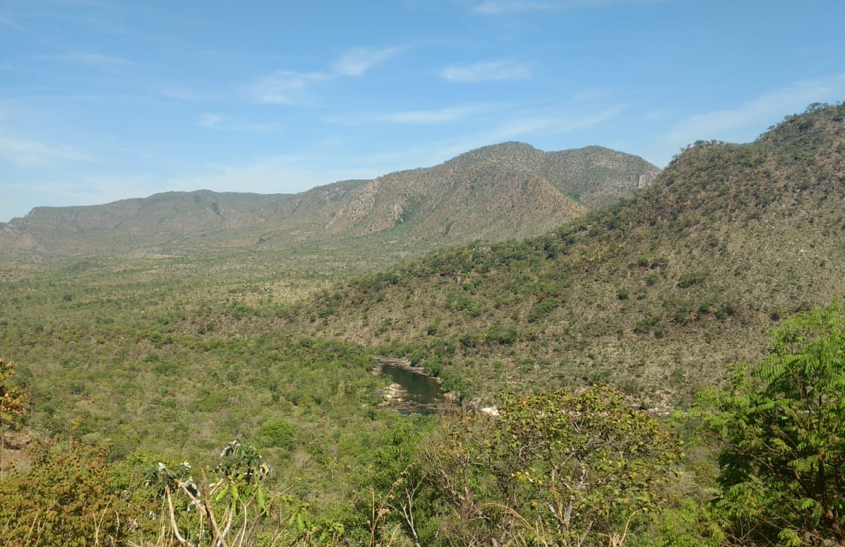
Using Fixed-Wing Unmanned Aerial Vehicles (drones) to enhance the monitoring activities across Guyana’s National Protected Areas System, Guyana
Timothy Babb
The project is about using fixed-wing unmanned aerial vehicles (UAV) to enhance the monitoring activities across Guyana’s National Protected Areas System. This project will be piloted in the Kaieteur National Park where illegal gold mining is the major threat. Another aspect of the project deals with building the capacity of the Protected Areas Commission, to integrate this UAV technology into Ecological Threat Monitoring programmes with the development of protocols and trainings. This project will help to provide better quality data to understand the extent of the problem of illegal gold mining in the protected area and thus make effective management decisions to eradicate the threats.
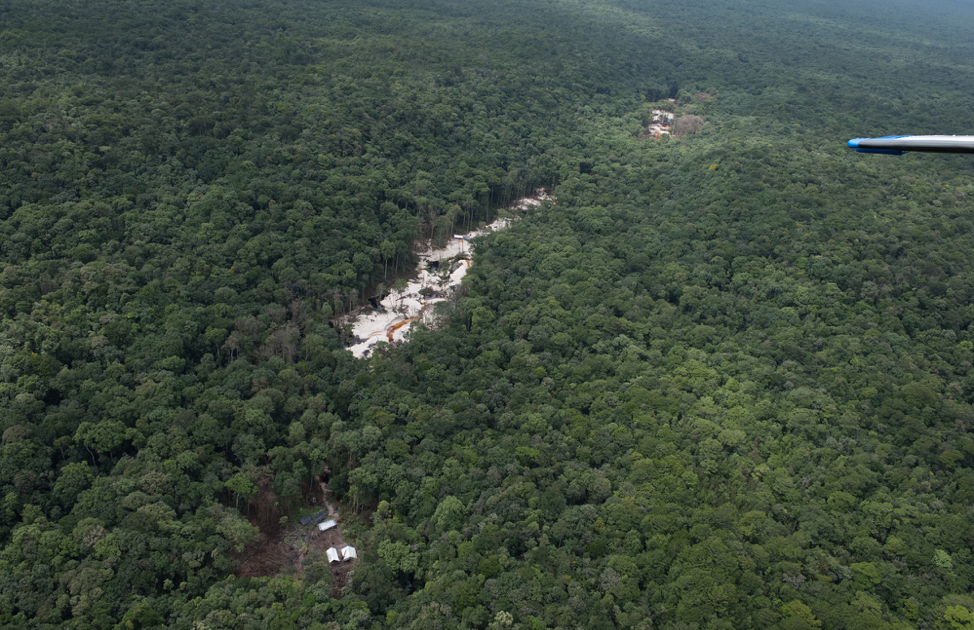
Improvement of monitoring and evaluation standards of reintroduced sumatran orangutan in the Bukit Tigapuluh Landscape, Indonesia
Andhani Hartanti
This project is about the improvement of monitoring and evaluation standards in Sumatran orangutan reintroductions. After more than a decade, there were 13 infants born in Bukit Tigapuluh National Park. However, several of them as well as their mothers couldn’t survive because the mothers lacked necessary maternity skills. This condition is very severe because the population will continue to grow and more babies will be born. The project aims to improve the survival chances of reintroduced mothers and infants. We will conduct monitoring on mother infant couples to be able to support them and gain knowledge about their behaviour.
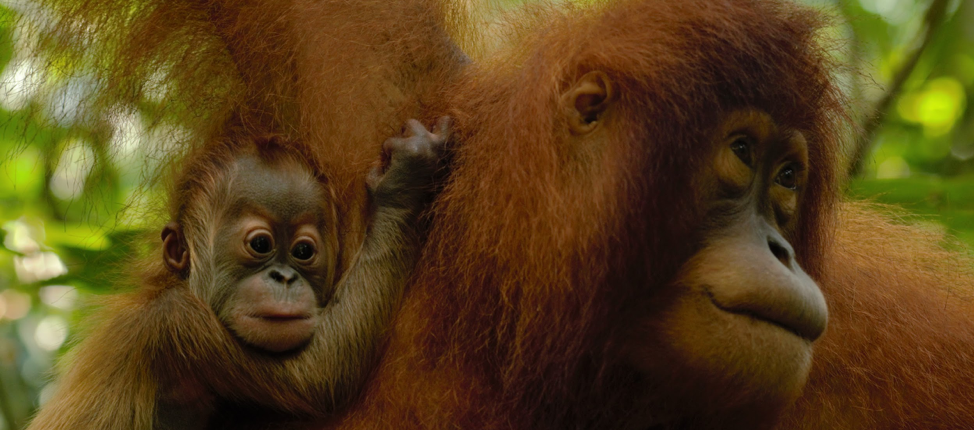
Assessing the impacts of the increasing elephant population on the rhino sanctuary in North Luangwa National Park, Zambia
Issah Mulilo
The project will identify the impact of the increasing elephant population on the rhino sanctuary in North Luangwa National Park so as to draw up a monitoring impact plan on the rhino conservation area, and provide information about the status of rhino browse and biodiversity within the rhino sanctuary to inform a management strategy for the sanctuary as well as overall Protected Area Management approaches for the national park, in particular for elephant and rhino management across the ecosystem.
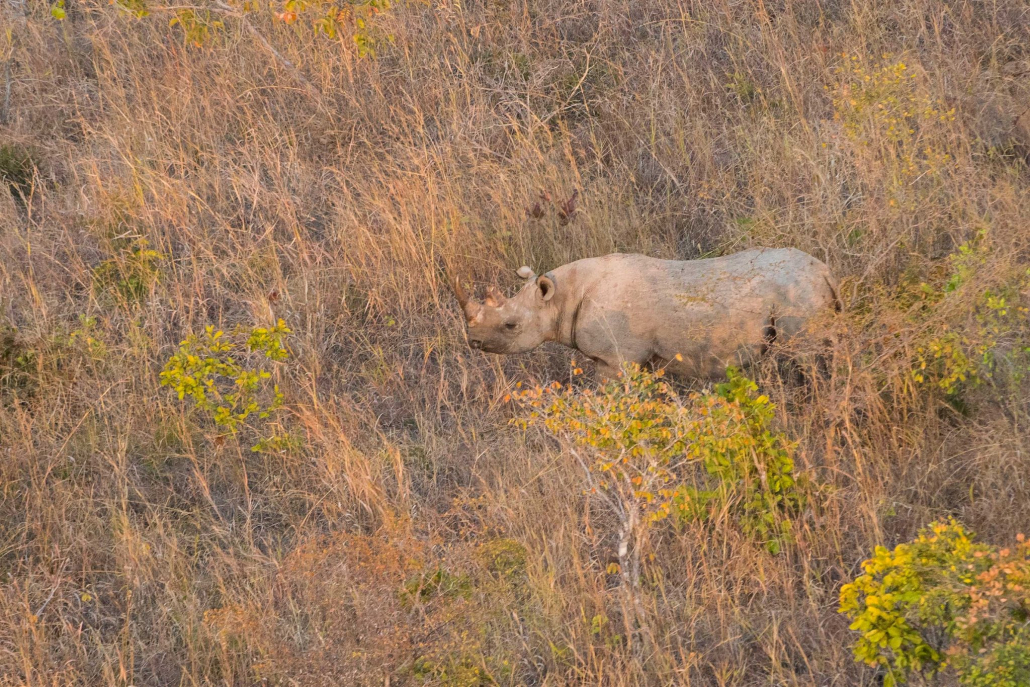
Support for the implementation of the complaints management mechanism against abuses by eco-guards of the Salonga National Park, DR Congo
Hervé Kimoni
The project idea is to accompany the first implementation of a complaint mechanism in Salonga National Park. The project’s purpose is to reduce human right abuses and other abuse of power by rangers. The ultimate goal is to satisfy all stakeholders and preserve the integrity of the park. The project aims to build capacities where needed, document successes and failures and propose improvements of the complaint mechanism.

Livelihood improvements in the wildlife corridor villages, Tanganyika District, Tanzania
Regina Domonko
The project aims at reducing deforestation in the wildlife corridor connecting Mahale and Katavi National Parks. This area is the habitat of a rare and endangered subspecies of chimpanzee (Pan troglodytes schweinfurthii), elephants, African wild dogs and other animals. However, there is severe deforestation ongoing due to unsustainable livelihoods with slash & burn agriculture practices, illegal logging and charcoal making as well as poor law enforcement in Natural Resources Management (NRM) in the wildlife corridor villages. The project will help to strengthen capacities of village institutions and to ensure law enforcement in NRM. It will improve people’s livelihood through the establishment of microfinance schemes with Community Conservation Banks where communities, especially women, will have access to loans and open businesses, and the establishment of modern beekeeping where communities will get income from selling honey. This will help to reduce deforestation in the wildlife corridor.
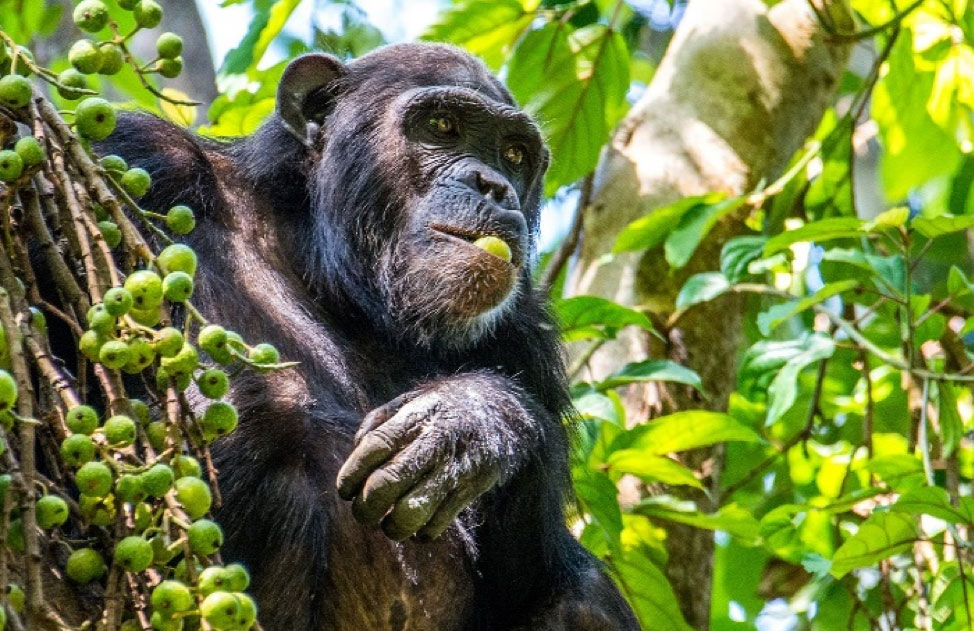
We wish all of our scholars best of luck with their proposals!
Authors: Dafna Gilad and Vera Pfannerstill.
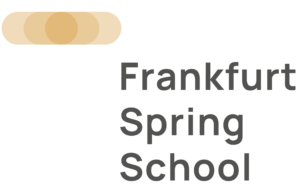
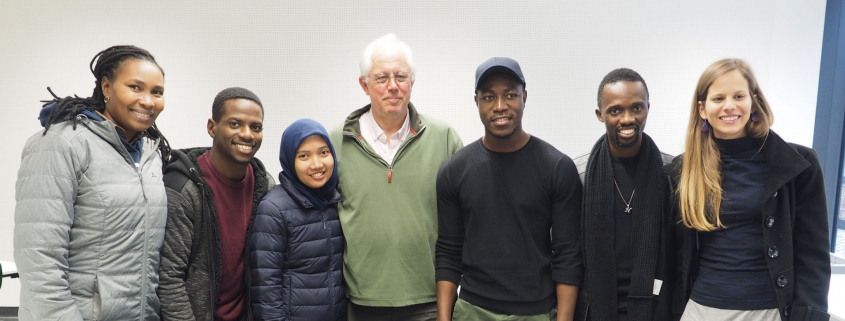

 Jeldrik Schröer / FZS
Jeldrik Schröer / FZS